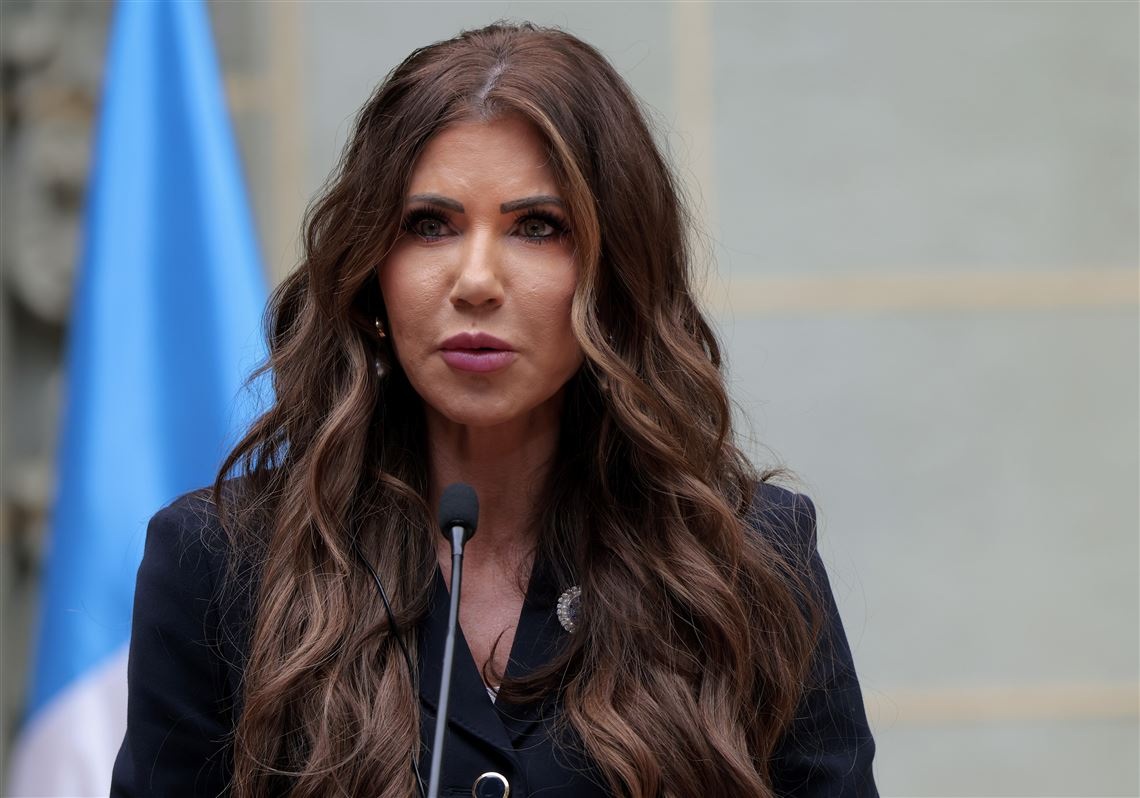The United States has confirmed it has deported eight individuals to South Sudan, following a court decision that allowed the Trump administration to proceed with the removals despite concerns over safety and legality.
The Department of Homeland Security (DHS) announced on Saturday, July 5, 2025, that the deportations occurred on Friday, coinciding with U.S. Independence Day.
The individuals were part of a group that had made a last-minute legal effort to stop the transfer, which ultimately failed.
The group of eight – originally from Cuba, Laos, Mexico, Myanmar, South Sudan, and Vietnam – had been detained for weeks at a U.S. military facility in Djibouti, East Africa.
According to an airport staff member in Juba, the capital of South Sudan, the plane carrying them landed early Saturday morning, around 6 a.m. local time.
Their precise whereabouts after arrival remain undisclosed.
DHS stated that the men had been convicted of serious offenses in the U.S., including first-degree murder, drug trafficking, robbery, and sexual assault.
Their removal has become a focal point in broader legal and political debates surrounding the Trump administration’s intensified deportation agenda.
The administration has increasingly used “third country” deportations, sending individuals to nations other than their country of origin.
This has reportedly sparked outcry from rights groups warning of potential abuse and danger.
Congresswoman Pramila Jayapal, a Democrat known for advocating immigrant rights, criticized the action earlier in the week, calling it morally wrong.
“The United States should not be deporting people to active conflict zones,” she said in a social media post, urging federal authorities to intervene and block the deportations.
The eight men were reportedly held in makeshift detention, inside a converted shipping container.
This was reportedly after a previously scheduled deportation to South Sudan was postponed in late May due to legal concerns over due process.
Despite these earlier setbacks, the U.S. Supreme Court ruled twice in favor of allowing the deportations to proceed, with its most recent decision issued on Thursday.
In response, the detainees filed an urgent appeal that same night, arguing that sending them to South Sudan amounted to cruel and unusual punishment, violating constitutional protections.
However, on Friday evening, Judge Brian Murphy in Boston, who had earlier paused the deportation process, stated that the Supreme Court ruling effectively constrained his authority, thereby permitting the transfers to go forward.
Following the deportations, DHS Assistant Secretary Tricia McLaughlin defended the decision, describing it as a “victory for the rule of law” and a necessary step to protect the safety and security of the American public.
Despite the official stance, the deportations have raised alarms both domestically and internationally.
The U.S. State Department currently advises American citizens against travel to South Sudan due to widespread crime, armed conflict, and risk of kidnapping.
Additionally, the United Nations has cautioned that the country’s fragile political landscape could plunge it back into civil war, a conflict that only formally ended in 2018.
Criticism has also come from the legal community.
Blaine Bookey, legal director at the Center for Gender & Refugee Studies at the University of California College of the Law, strongly condemned the deportations.
She argued that such transfers undermine the basic rights of migrants and violate international legal standards.
“The administration’s growing reliance on third-country removals disregards due process, human dignity, and the international obligations the U.S. is bound by,” Bookey stated.
As this case draws national and international attention, it underscores the intense legal and ethical scrutiny surrounding the U.S. government’s immigration enforcement practices.
The deportation of individuals with criminal convictions, especially to unstable or violent regions, continues to fuel debate over how far a country can go in enforcing immigration laws without compromising fundamental human rights.



